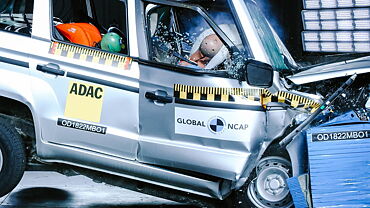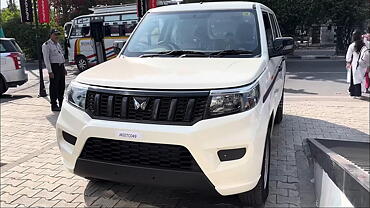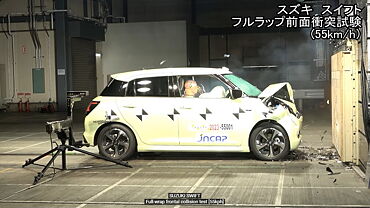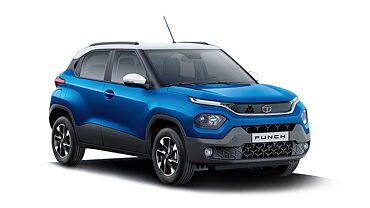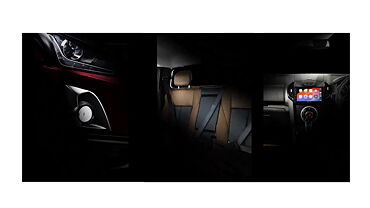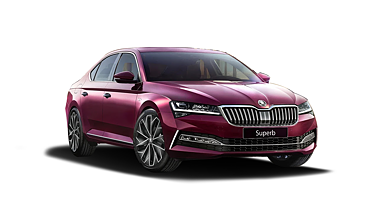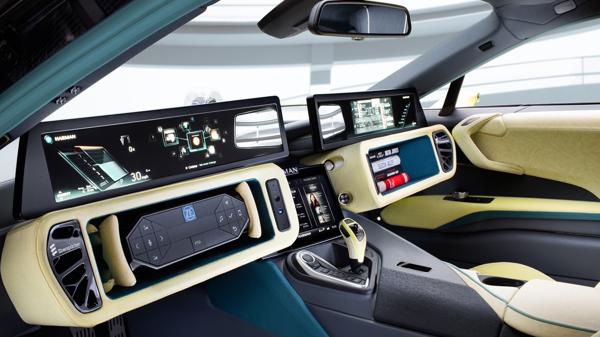
How many of you are familiar with the term ‘car hacking’? There’s a mounting fear amongst car users that their car could get hacked thanks to the surge in the use of electronics in a car.
Imagine you are driving down the alley, listening to your favourite music and somebody remotely hacks into your car. Can you even bear the thought of the brakes being slammed in the middle of a highway, or the headlamps being disabled during the night? However, other than the instances involving research and experimentation, there have been no recoded instances of such malicious car hacking, yet.
“A few years ago the concept of automotive cyber security was largely confined to industry experts,” says Harman ’s AsafAtzmon, Director, Business Development and Marketing, Automotive Cyber Security. “Now it’s a topic that consumers are asking about. According to a recent survey, in some countries as many as 59 per cent of buyers are actively concerned about the prospect of car hacking.”
An increase in car wireless infotainment systems have urged electronics specialists like Harman to research the threats from this new field of serious cyber security. Harman has come up with a security framework that has a series of layers to protect it. A secure hardware platform stores cryptographic keys and performs highly-sensitive operations in a secured manner. Critical functions related to the safety systems are isolated from the infotainment system using what’s known as a hypervisor.
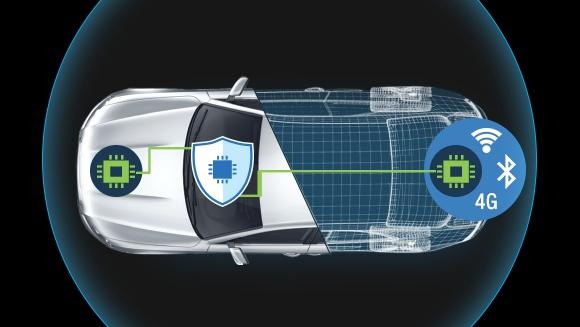
The security measures incorporated, monitors the access to the storage facility. In other words, if your music system abruptly necessitates the control of the brakes, it’s an indication that something is not right. In what is called the ‘sandbox function’, newly downloaded apps are kept away from the core system so that they can be terminated, if harmful. Also, an ECU-shield spots an intrusion while the installed smart firewall protects it from further attacks. It can even identify those threats that disguise themselves to appear as a software update!
“Ultimately, it’s all about eliminating the risk of intrusion,” concludes Atzmon. “The car industry will need to reassure consumers that their connected cars are safe. By 2020 it’s expected there will be nearly a quarter of a billion of them on the world’s roads. This number will continue to grow but only if the car industry can provide the protection that those consumers have to come to expect from their other electronic devices.”



